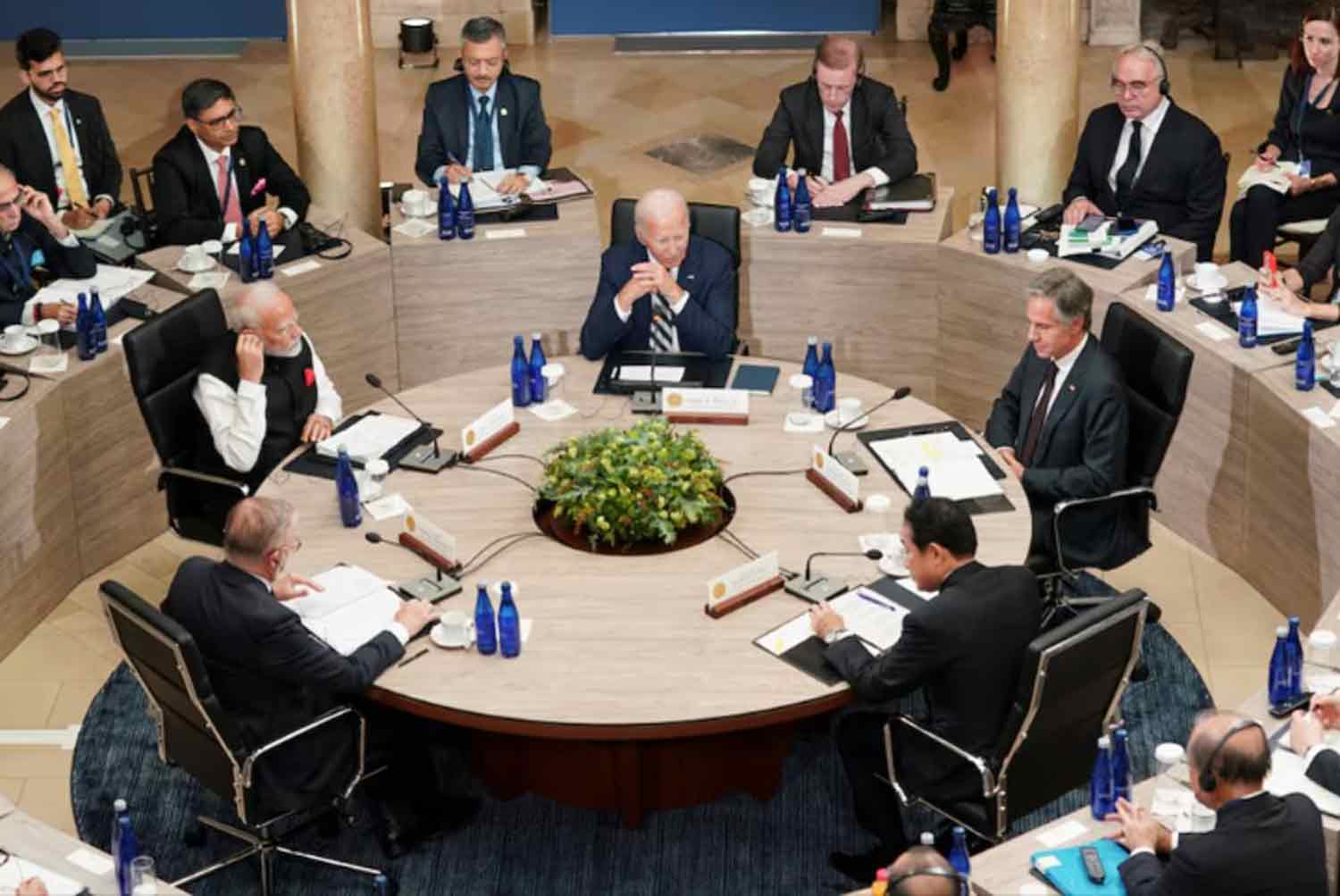Israel has announced that it targeted Hezbollah positions in Lebanon in response to the militant group’s launch of numerous rockets towards northern Israel overnight.
Reports indicate that there has been damage to residential areas in Israel, with Hezbollah rockets landing deeper into Israeli territory than previously observed, reaching near the port city of Haifa. Hezbollah claimed that its actions were aimed at military installations.
The Israeli Defense Forces have stated that their operations against Hezbollah “will persist and escalate.”
This recent surge in hostilities follows last week’s assaults on Hezbollah communication devices, and on Friday, Israel reported that an airstrike in Beirut resulted in the deaths of several high-ranking Hezbollah leaders. Lebanon has reported a total of 45 fatalities, including three children.
On Sunday morning, sirens were activated in many areas of northern Israel. The Israel Defense Forces (IDF) reported that over 100 rockets were launched from across the border during the night.
Later in the morning, the IDF indicated that an additional 85 rockets were fired.
Unverified video footage circulating online appears to depict a fire in a residential neighborhood near Haifa.
On Saturday, a significant operation involving dozens of Israeli fighter jets commenced, targeting southern Lebanon after the IDF detected preparations by Hezbollah to launch attacks on Israeli territory, as stated by IDF spokesman Rear Adm Daniel Hagari.
Prior to the evening airstrikes, the IDF announced that it had successfully targeted “approximately 180 sites and thousands of [rocket] launcher barrels.”
Details regarding Israel’s actions on Sunday have not yet been disclosed.
Earlier in the week, 39 individuals lost their lives, and thousands were injured due to explosions from pagers and walkie-talkies utilized by Hezbollah, the Iran-backed group with considerable political influence, which occurred over two days in Lebanon.
Hezbollah leader Hassan Nasrallah accused Israel of instigating the attacks, asserting that it had breached “all red lines” and promised “appropriate retribution.”
Israel has not acknowledged any involvement in these incidents.
UN human rights chief Volker Türk stated that the explosions involving pagers and walkie-talkies constituted a violation of international humanitarian law.
On Sunday morning, the IDF announced an extension of restrictions affecting communities in northern Israel and certain areas of the Israeli-occupied Golan Heights, which took effect at 20:30 local time (17:30 GMT) the previous evening.
The IDF’s Home Front Command has limited gatherings to a maximum of 10 individuals in open spaces and 100 in enclosed areas. Educational activities are permitted to continue, and individuals may attend work provided there are designated protected spaces.
These restrictions are applicable to the Haifa region and areas to the north.
As concerns grow that the conflict could escalate into a full-scale war, the U.S. State Department has issued updated travel advisories for citizens currently in Lebanon.
The U.S. embassy in Beirut has urged individuals to “leave Lebanon while commercial options are still available.”
The embassy also noted that it “may not be able to assist U.S. citizens who decide to stay.”
Similarly, Jordan’s foreign ministry has advised its citizens in Lebanon to exit the country as soon as possible.
Cross-border hostilities between Israel and Hezbollah intensified on October 8, 2023, following the attack on Israel by Hamas militants from Gaza, when Hezbollah targeted Israeli positions.
Israel has recently included the repatriation of individuals displaced from northern regions due to the ongoing cross-border conflict in its war objectives.
Defence Minister Yoav Gallant stated on Thursday that Israel is entering a “new phase of the war,” focusing its efforts more intensively in the northern region.
Discover more from Defence Talks | Defense News Hub, Military Updates, Security Insights
Subscribe to get the latest posts sent to your email.




